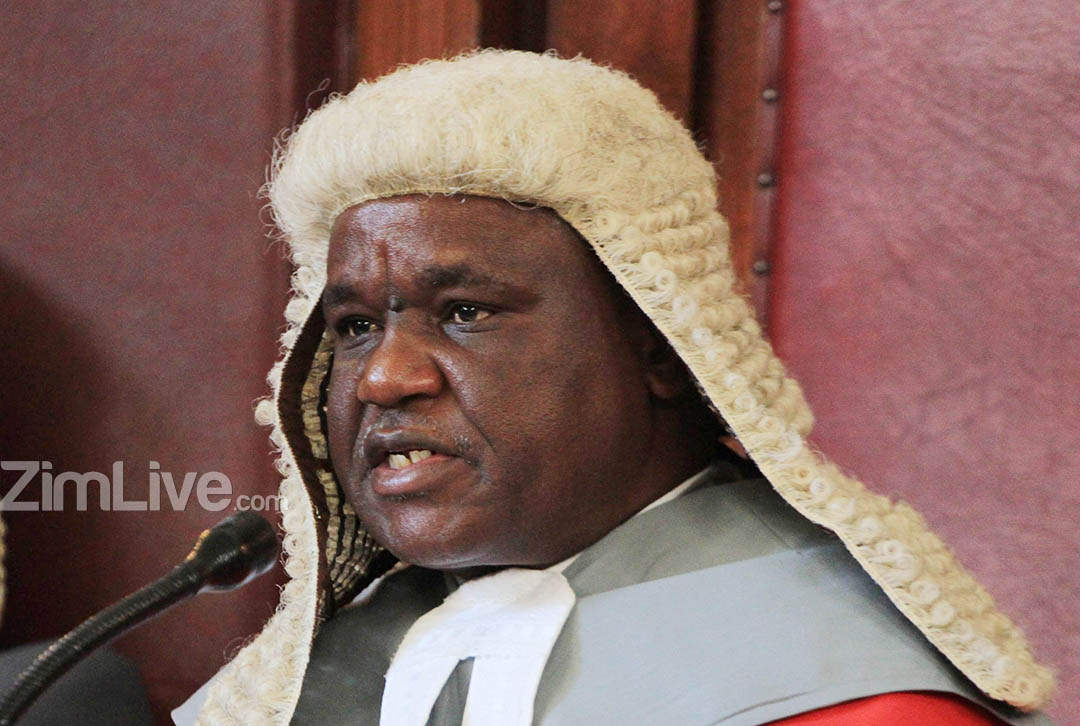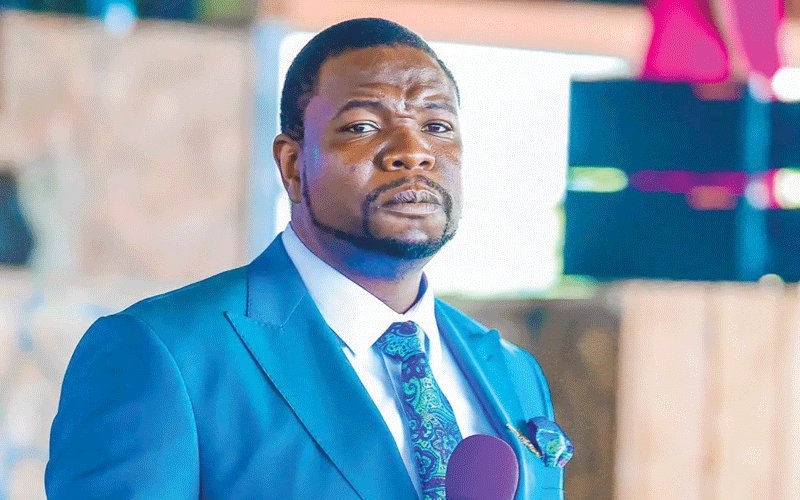HARARE – The passage of the Constitutional Amendment Bill (No. 1) through the Senate was unconstitutional, the Constitutional Court ruled on Tuesday.
The Bill gave then President Robert Mugabe sweeping new powers to appoint the Chief Justice, the Deputy Chief Justice, and the Judge President.
In a unanimous judgement delivered on Tuesday, the Constitutional Court said the Senate vote did not meet the requirement of “two-thirds of the membership” of the house contained in section 328(5) of the constitution.
The Bill was certified to have passed by the Senate President after 53 Zanu PF Senators backed it in August 2017 – but opposition lawmakers Innocent Gonese and Jessie Majome challenged its passage, arguing that it required to have been affirmed by 54 senators to sail through in the 80-member chamber.
On the day of the vote, the Senate had 79 members after one Zanu PF senator died, and the Senate took the wrong position that the constitutional requirement was for two thirds of the living senators to have voted for the bill.
The judgement, written by Chief Justice Luke Malaba, gave the Senate six months to conduct a new vote.
“It is declared that the passing of Constitutional Amendment Bill (No. 1) of 2017 by the Senate on August 1, 2017, was inconsistent with the provisions of s 328(5) of the Constitution, to the extent that the affirmative votes did not reach the minimum threshold of two-thirds of the membership of the House,” the court said.
“Constitutional Amendment Bill (No. 1) of 2017 is declared invalid to the extent of the inconsistency. The declaration of invalidity shall have effect from the date of this order but is suspended for a period of one hundred and eighty days… The Senate is directed to conduct a vote in accordance with the procedure for amending the Constitution prescribed by s 328(5) of the Constitution within one hundred and eighty days of this order, failing which the declaration of invalidity of Constitutional Amendment Bill (No. 1) of 2017… shall become final.”
The Constitutional Court however found that the vote in the lower chamber, the National Assembly, met the constitutional requirement.
“The applicants’ allegation that there was no vote in the National Assembly on July 25, 2017, when Constitutional Amendment Bill (No. 1) of 2017 was passed be and is hereby dismissed for lack of merit,” the ConCourt said.
“The applicants’ allegation that a two-thirds majority was not reached in the National Assembly on July 25, 2017, when Constitutional Amendment Bill (No. 1) of 2017 was passed be and is hereby dismissed for lack of merit.”
Chief Justice Malaba said Parliament had to remain faithful to the Constitution, and that the legislative body was not above legal scrutiny as argued by lawyers for the Speaker of Parliament and Senate President led by Advocate Lewis Uriri.
“The amendment of the Constitution is a matter on which the public places a lot of importance. A swift and easy method of amending the Constitution would weaken the sense of security which the rigid Constitution gives. There would be too little distinction from the method for amending ordinary legislation. That would erode the special status of the supremacy of constitutional law. The Constitution would not occupy the special place it occupies today in the country’s legal system.,” the Chief Justice said.
“Changing provisions of the Constitution without following the special procedure provided for in s 328 would expose the Constitution to passing interests. The idea reigns that solidity and security are the most vital attributes of a fundamental law.”
Constitutional Amendment Bill (No. 1) was signed into law by President Robert Mugabe in September 2017, two months before he was ousted in a military coup.
















